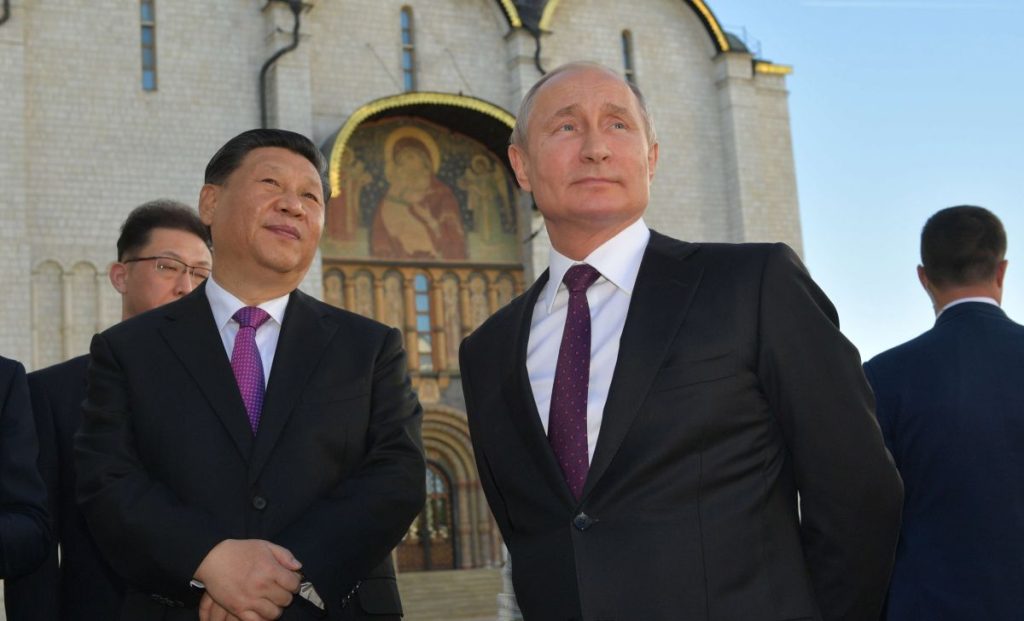By controlling the flow of critical materials, China holds the key to crippling Russia’s military efforts in Ukraine.
Others are reading now
As India scales back its reliance on Russian oil, China stands as one of the last lifelines keeping Russia’s war machine alive.
While Western sanctions aim to economically isolate Moscow, Beijing’s continuous flow of critical components allows Russia to sustain its military operations in Ukraine.
But China holds far more power than it lets on.
Beijing’s Grip on Russia’s War Lifeline
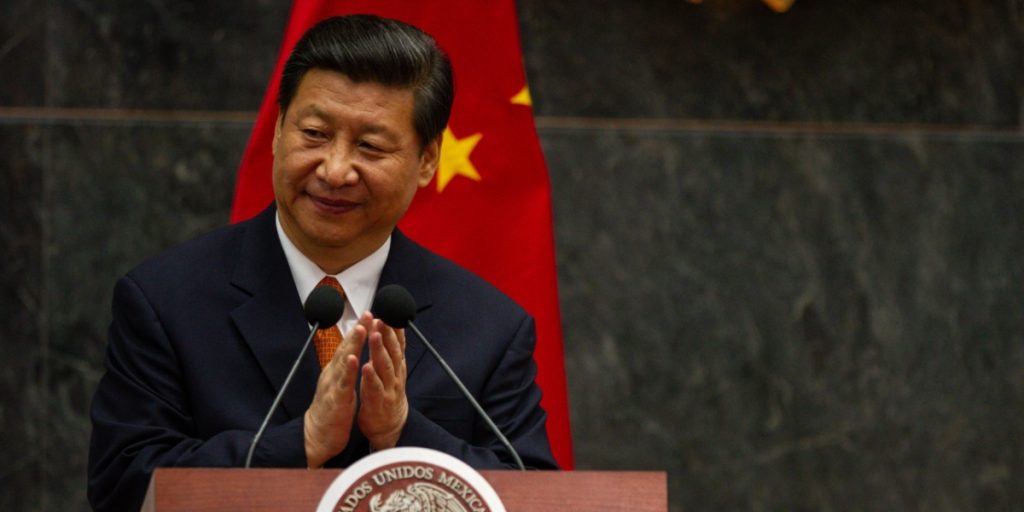
An Insider analysis has pinpointed five essential materials and technologies that China supplies to Russia.
Without them, Russia’s ability to wage war would grind to a halt.
Also read
With a single political decision, Beijing could cripple Russia’s military-industrial complex, halting production lines and shifting the battlefield in Ukraine’s favor.
Russia’s Hidden Weakness
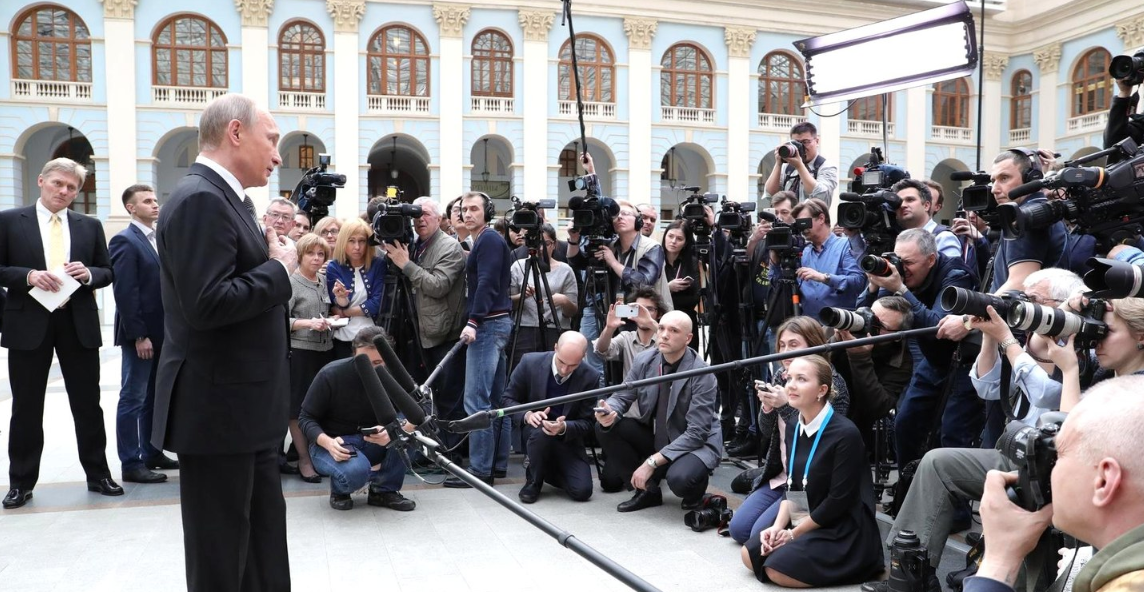
Despite common belief, Russia’s survival in Ukraine doesn’t hinge solely on smuggled Western high-tech gadgets.
Instead, it’s the cheap but critical spare parts and industrial materials that keep the gears of war turning.
Insider’s investigation reveals that if China were to suspend just one of these low-cost supplies, Russian military production could freeze for months, if not years.
Setting up domestic alternatives would be a slow, costly, and logistically daunting task for Moscow, effectively strangling its war effort.
Also read
1. Diphenylamine
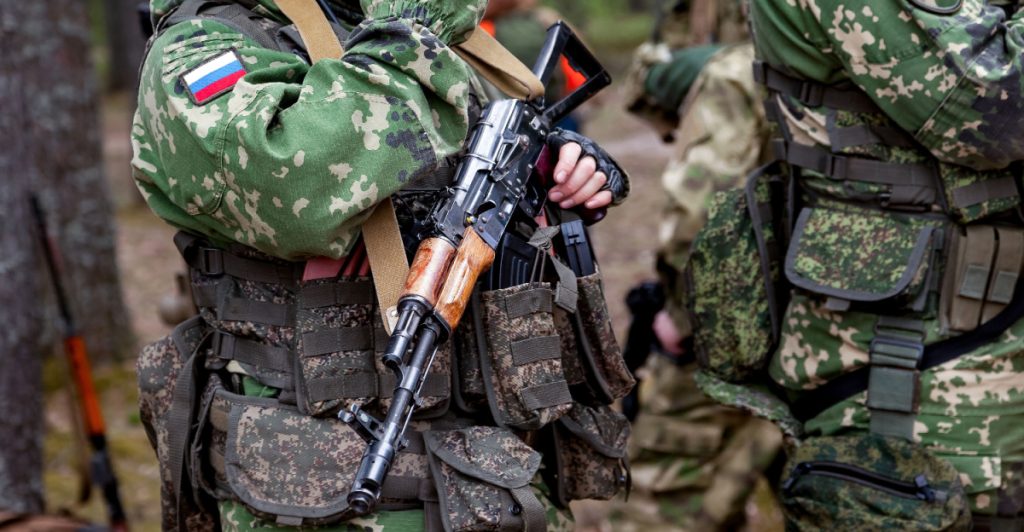
Diphenylamine may sound obscure, but it’s vital for Russia’s ammunition supply.
Used as a stabilizer in smokeless gunpowder, this organic compound ensures the reliability of artillery and firearms across the frontlines.
China is the main supplier of diphenylamine to Russia, accounting for at least half of its entire demand. If Beijing turned off the tap, Russia’s ammunition production could collapse.
2. Anti-Jamming Antennas

Electronic warfare has become a key battleground in Ukraine, with signal jamming systems constantly at work.
Russia’s defense against these tactics? Anti-jamming antennas — many of which are imported from China and Taiwan.
Also read
These specialized antennas filter out disruptive signals, allowing drones like the Iranian-designed Shahed to navigate and strike their targets.
Without them, Russia’s drone swarms would become virtually blind, neutralizing a core component of its aerial offensive strategy.
3. Electric Motors for FPV Drones
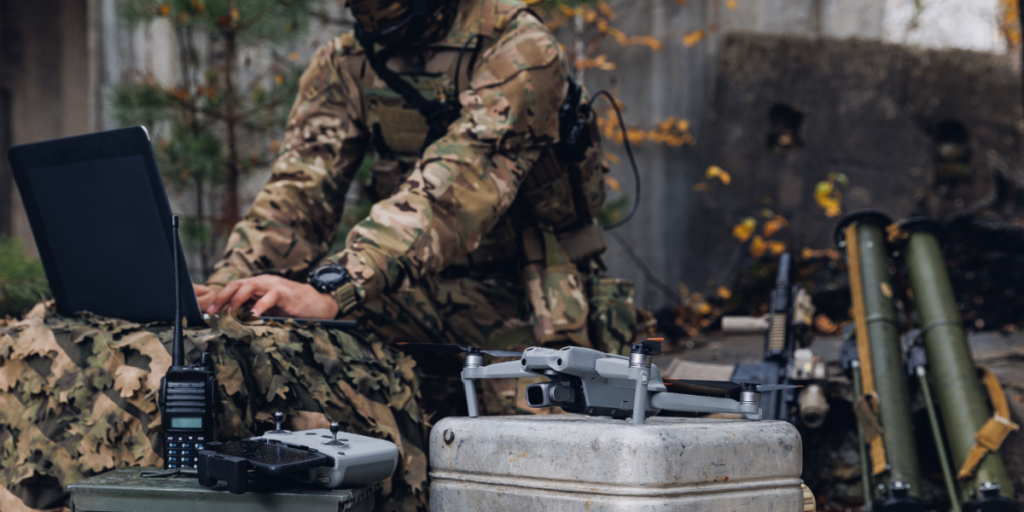
Russia’s growing reliance on drones has exposed a critical vulnerability — its dependence on Chinese-made electric motors.
Currently, Russia imports about $100 million worth of drone engines from China annually.
Domestic production capacity is nowhere near sufficient to meet battlefield demand. A halt in motor supplies from China would cause an immediate and severe drone shortage.
Also read
4. Carbon Fiber
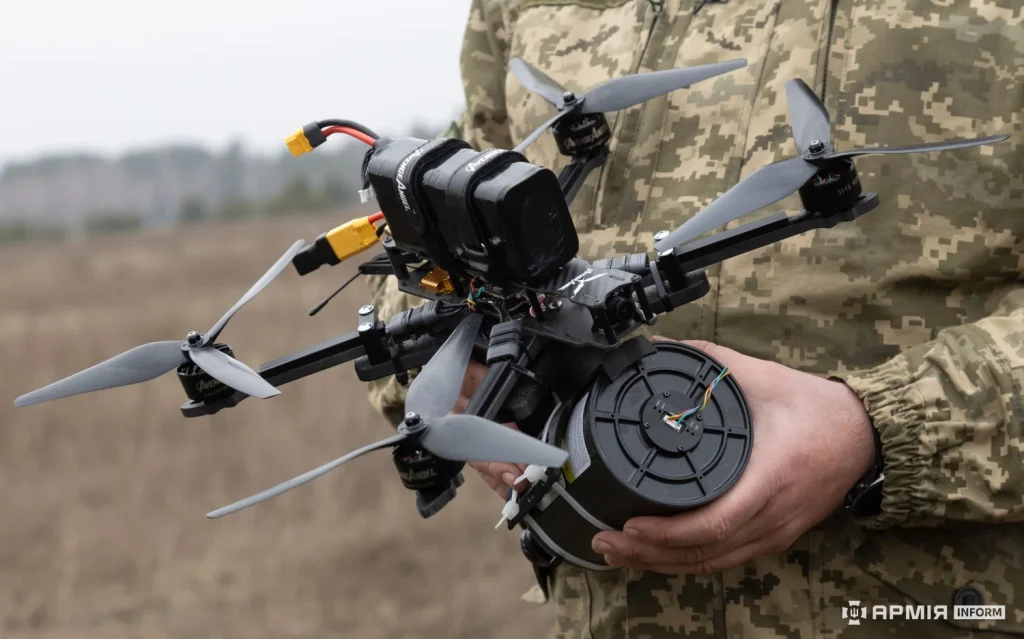
Carbon fiber is indispensable for building lightweight, durable drones that can strike deep into Ukrainian territory.
Every Shahed drone taking flight relies on carbon fiber to maximize range and survivability.
China is Russia’s primary source for carbon fiber. Without these imports, Moscow’s drone assembly lines would come to a standstill.
5. Fiber Optics
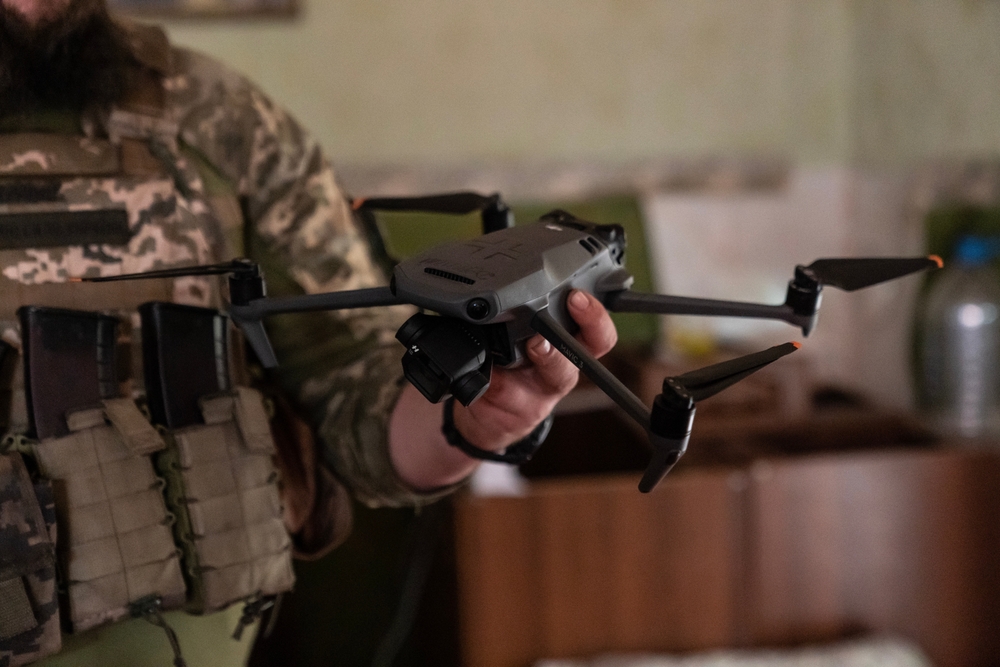
In modern warfare, fiber-optic-controlled FPV drones have emerged as a game-changer. Yet Russia is almost entirely dependent on China for both fiber optics and the quartz glass required to manufacture them.
Recent Ukrainian strikes have targeted key fiber optic production sites inside Russia, making imported supplies even more vital.
Also read
A Chinese export ban on fiber optics would paralyze Russia’s development of advanced battlefield drones.
The Power in Beijing’s Hands
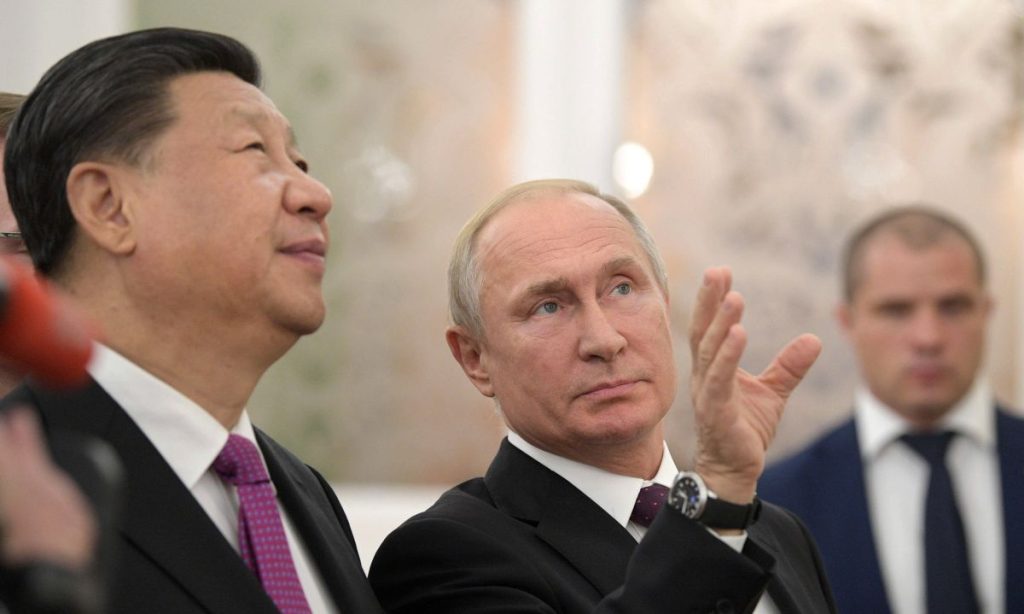
While the West focuses on sanctioning Russian oil, gas, and financial sectors, it is these “invisible” supply chains — maintained by China — that quietly sustain Moscow’s war efforts.
Cutting off these lifelines wouldn’t require sanctions or military interventions. It would only take a policy shift in Beijing.

